Join the community
Thought Leadership Centre
Most Read
1. Singapore to slash CDC vouchers as Budget 2026 pivots to defence 2. Budget 2026 to surge tech funding as ageing workforce squeezes growth: analysts 3. UOB set for growth as DBS, OCBC earnings hold steady: report 4. OCBC and UOB to reverse year-long NIM slide in Q4 5. E-ang bao use jumps nearly 50% in 2025 as seniors ditch red packets: OCBCResource Center
Awards
Apr
14
Event News
Singapore Business Review Management Excellence Awards 2025 Winner: Moninder Jain of Logitech Singapore Pte Ltd
Moninder Jain of Logitech Singapore highlights how human and AI collaboration strengthened the company’s market position.

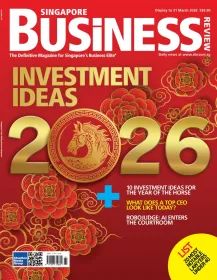
 Advertise
Advertise
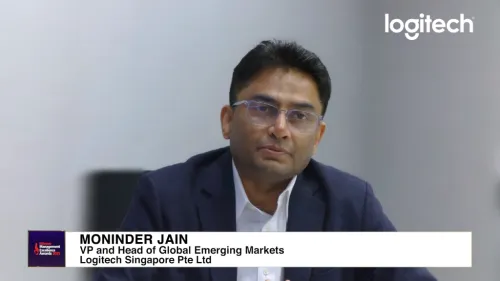



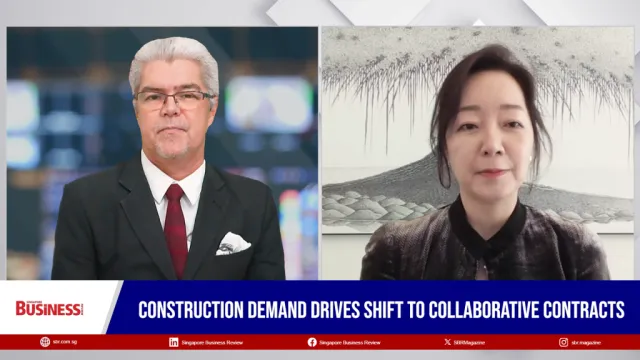
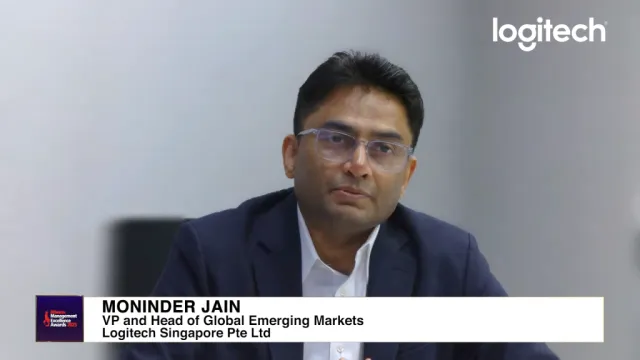
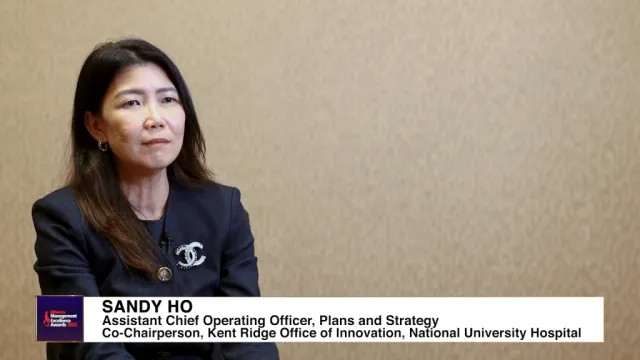









Commentary
The future of retail is Unified Commerce
The future of retail is Unified Commerce
Three digital consumer trends businesses must know
Executives in Singapore need to boost their digital skills and learn a local language to stay ahead
For Singapore's Businesses Tomorrow, it's AI vs. AI
Adapting to the world of cloud kitchens in Singapore
Data protection penalties in Singapore hits over a million dollars so far in 2019
Supporting nurses by bridging the knowledge divide with evidence-based technology
Singapore companies must protect personal data and adhere to the PDPA or risk reputational damage
Benefits of using a managed services provider for payroll in Singapore
Unlocking the promises of a Smart City
Earn the rewards of digital transformation with cloud data management
How can Singaporean businesses benefit from indoor positioning technology
Navigating ASEAN: overcoming challenges on Singapore's path to becoming top logistic hub
How organisations can adopt the right risk culture
AI key to boosting productivity and risk management in Southeast Asia's financial services
Is Singapore AI ready?
Is Singapore ready for the rise of robots and automation?